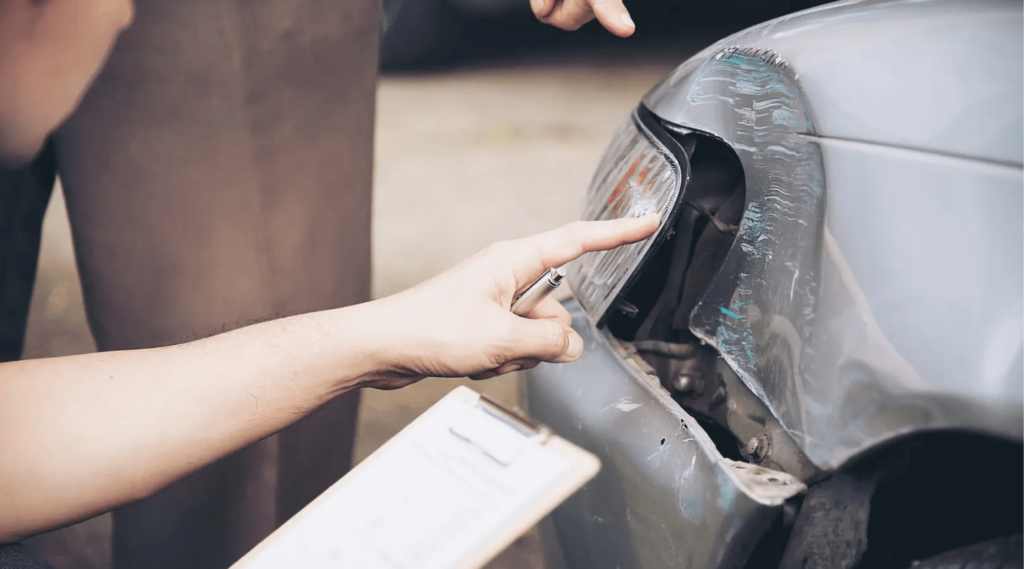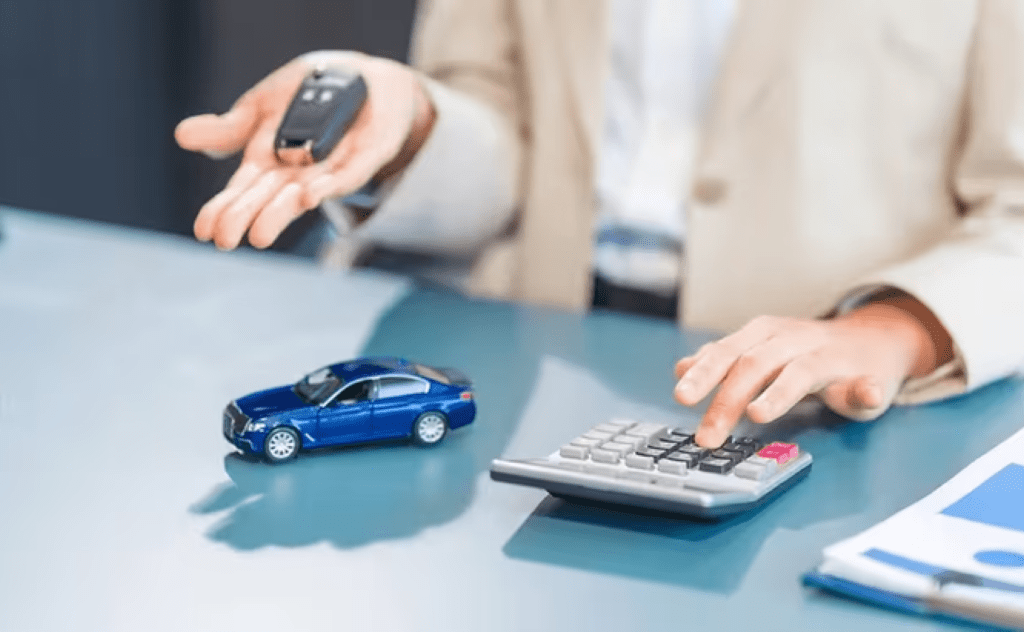Common Car Problems – Causes, Solutions, and Prevention
Owning a car comes with its share of responsibilities, including understanding and addressing issues that might arise over time. Whether you’re a seasoned driver or a new car owner, recognizing common car problems and knowing how to resolve them can save you time, money, and stress.
What Are the Most Common Car Problems?
Cars are complex machines, and over time, they can encounter a variety of issues. Here are some of the most frequent problems faced by car owners:
1. Battery Failure
A dead or weak battery is one of the most common reasons for car breakdowns. This can result from:
1. Leaving lights or electrical components on.
2. Aged or worn-out batteries.
3. Extreme temperature changes affecting battery performance.
Solution:
1. Test your battery regularly.
2. Replace batteries every 3-5 years.
3. Avoid draining the battery by turning off lights and electronics when the engine is off.
2. Engine Overheating
An overheated engine often results from a faulty cooling system or low coolant levels. Ignoring this issue can lead to significant engine damage.
Solution:
1. Check coolant levels regularly.
2. Inspect the radiator for leaks.
3. Ensure your water pump and thermostat are functioning well.
3. Flat or Worn-Out Tires
Tires wear out over time due to usage, incorrect tire pressure, or poor road conditions. Driving on damaged tires increases the risk of accidents.
Solution:
1. Rotate tires every 5,000-7,000 miles.
2. Perform regular tire pressure checks.
3. Replace tires with minimal tread depth.
4. Brake Issues
Problems like squealing noises or reduced brake responsiveness signal worn-out brake pads or issues with the brake fluid.
Solution:
1. Inspect brake pads periodically and replace them as needed.
2. Flush and refill brake fluid every 1-2 years.
5. Dashboard Warning Lights
Modern cars are equipped with sensors that activate warning lights for various issues, from engine problems to low tire pressure.
Solution:
1. Refer to the owner’s manual to identify warning light meanings.
2. Use an OBD-II scanner to diagnose the issue or visit a professional.
Preventive Measures for Common Car Problems
Taking proactive steps to maintain your vehicle can help you avoid many common car issues. Here are some key preventive measures:
1. Scheduled Maintenance
Adhering to your car manufacturer’s maintenance schedule ensures that all critical components are inspected and serviced on time.
2. Regular Oil Changes
Engine oil lubricates the moving parts of your car. Neglecting oil changes can lead to engine wear and overheating.
3. Tire Pressure Checks
Maintaining proper tire pressure enhances safety, fuel efficiency, and tire longevity.
4. Battery Testing
Regularly testing your battery ensures that you won’t get stranded due to battery failure.
5. Inspecting Fluids
Coolant, brake fluid, transmission fluid, and power steering fluid are vital for your car’s performance. Check levels and top off as needed.
Frequently Asked Questions
The most frequent cause of breakdowns is a dead battery, often due to age or leaving electrical systems on while the car is off.
Signs of an overheating engine include a rising temperature gauge, steam coming from under the hood, or a burning smell.
Check tire pressure at least once a month and before long road trips to ensure safety and performance.
Refer to the car manual for guidance. If it’s a serious issue, such as an engine or brake warning light, have your car inspected by a mechanic immediately.
Yes, neglecting minor issues like worn tires or low fluid levels can escalate into more costly and severe problems over time.



